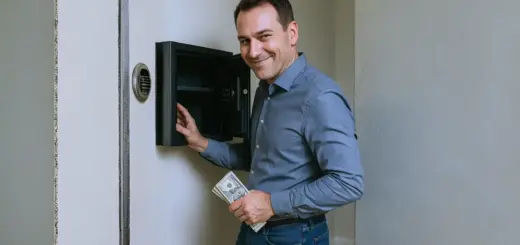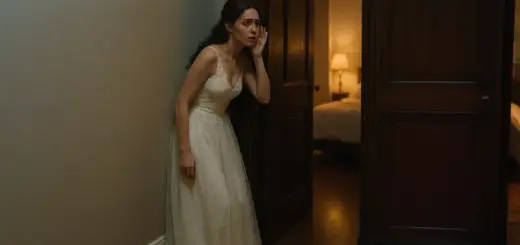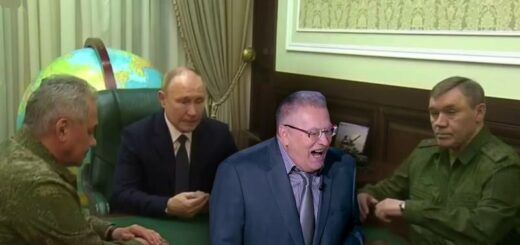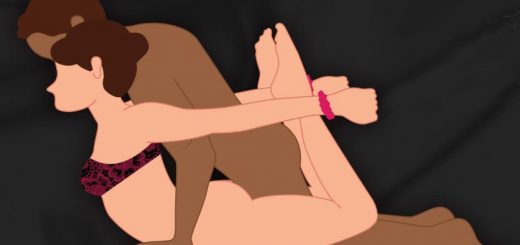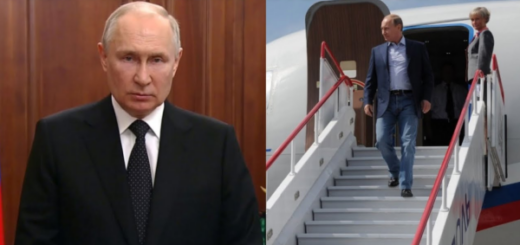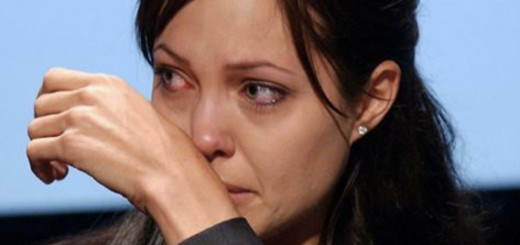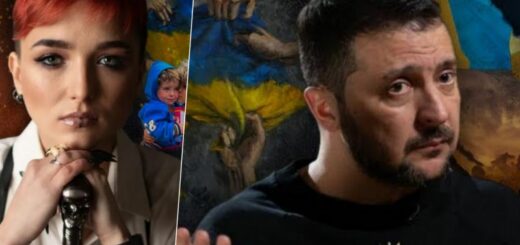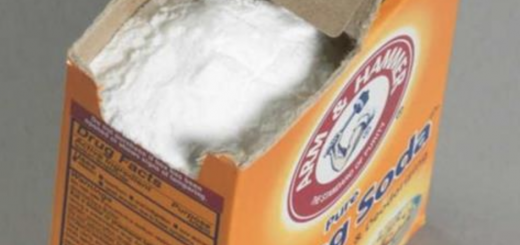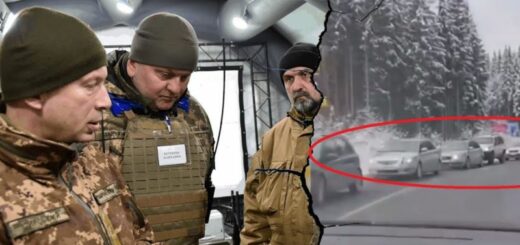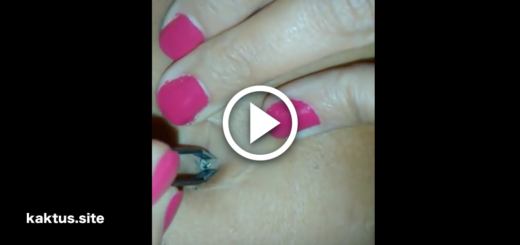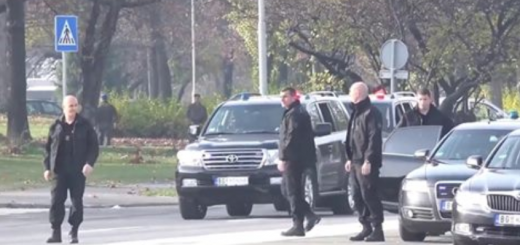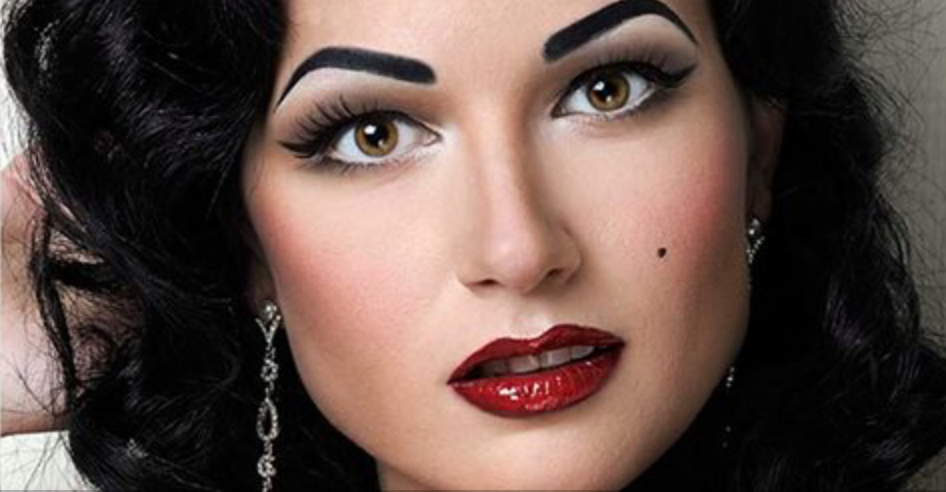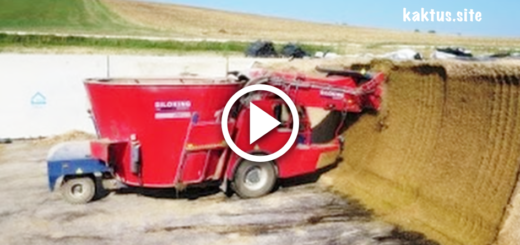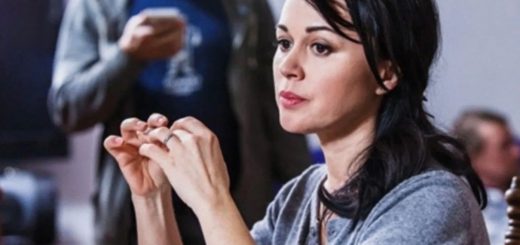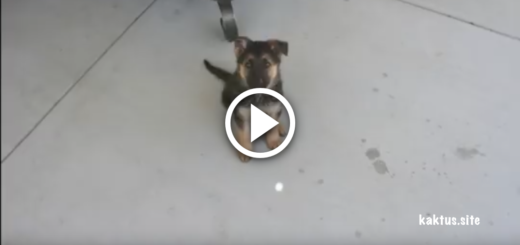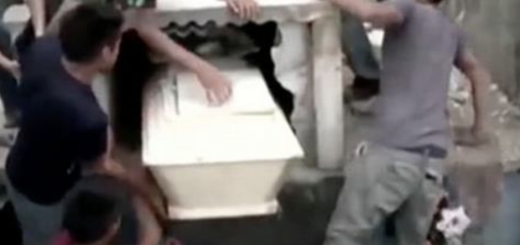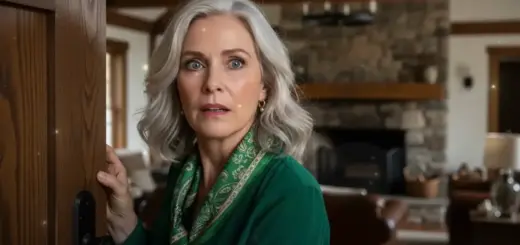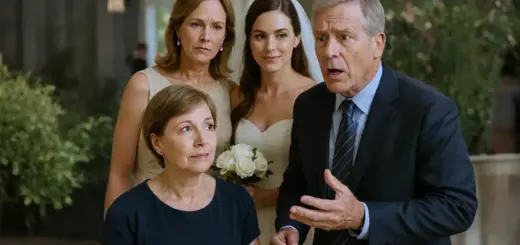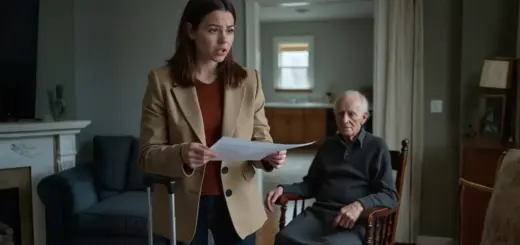I stared at him, this man I barely knew but with whom I suddenly shared a profound connection. We had both been deceived and discarded by the same people. Outside, the late afternoon shadows lengthened across an empty driveway where a family should have gathered. Inside, an unexpected alliance was forming.
«Yes,» I said finally, surprising myself with the firmness in my voice. «Let’s begin.»
After our agreement, Victor sank back in his chair, exhaustion evident in the slump of his shoulders. The excitement of our newfound alliance had temporarily energized him, but now the fatigue returned to his face. «You should rest,» I said, noticing the pallor beneath his weathered skin. «I’ll finish making our dinner.»
Victor shook his head. «First, there’s something you need to see.» He pushed himself up with effort. «My medical records. You need to understand what we’re working with and how little time we have.»
He led me to a small bedroom that had clearly once been an office but was now converted into a makeshift sleeping space. A hospital bed occupied one corner, though Victor hadn’t been using it. Instead, a regular twin bed against the opposite wall showed signs of use. «Can’t stand that contraption,» he explained, gesturing at the hospital bed. «Makes me feel like I’m already in hospice.»
From a locked drawer in the desk, Victor withdrew a thick folder labeled simply «Medical.» He handed it to me without ceremony. «Pancreatic cancer,» he said flatly as I opened it. «Stage four. Diagnosed three months ago.» I scanned the documents, my stomach tightening at the clinical descriptions and grim prognosis. Various oncologists’ notes, treatment recommendations, and scan results told the unmistakable story of a terminal illness.
«Two months,» Victor added. «Maybe less now. The last scan showed rapid progression.»
I looked up sharply. «Brady knows this?»
«Oh yes. They all do. His mother was at the appointment when we got the diagnosis.» His laugh held no humor. «Two days later, she started talking about how she needed a break from caretaking. Sixty-six years old and claiming exhaustion while I’m dying at seventy-eight.»
The cruelty of it struck me like a physical blow. «They abandoned you knowing you only had months left?»
«Weeks, more likely,» Victor eased himself onto the edge of the bed. «But that’s not even the worst of it. Look at the medication list.» I flipped to the prescription sheets. Multiple medications were listed: pain management, anti-nausea drugs, enzymes to help with digestion. «Check the bathroom cabinet,» Victor directed. «Compare what’s there with what should be there.»
In the adjoining bathroom, I found a disorganized collection of pill bottles. As I examined them, comparing them with the documentation, disturbing discrepancies emerged. The powerful pain medication had been refilled twice according to the pharmacy labels, but the bottle was nearly full. The expensive enzyme supplements were only half full when they should have been almost untouched based on the refill date.
«They’ve been diluting them,» Victor confirmed when I returned with the evidence. «One pill instead of two. Half doses of the pain medication. And those appointments for the palliative care specialist? ‘Too expensive,’ Elaine said.» My hands trembled with anger as I returned the documentation to its folder.
«That’s not just neglect, Victor. That’s abuse.»
«It’s what happens when people see you as an obstacle rather than a person.» He pulled a small notebook from beneath his pillow and handed it to me. «I’ve been keeping track. Times when medications were missed or reduced. Appointments canceled. Money that disappeared from my checking account for home care supplies that never materialized.» The meticulous documentation stunned me. Pages of dates, times, and specific incidents. Despite his illness, Victor’s mind remained razor-sharp.
«Let me fix you something to eat,» I said, needing a moment to process everything. «You must be hungry.»
In the kitchen, I found pitiful supplies: a few cans of soup, some stale bread, milk on the verge of spoiling. From my grocery run, I managed to put together a decent meal of roasted turkey breast, mashed potatoes, and green beans. It was not the Thanksgiving feast I’d planned, but far better than leftover soup.
As we ate at the small kitchen table, Victor studied me. «Tell me about your marriage,» he said finally. «When did you first notice Brady wasn’t who you thought he was?»
The directness of the question caught me off guard. I poked at my food, considering how to answer. «It was gradual,» I admitted. «When we first met, Brady was attentive, supportive of my graphic design work. I was building my client base, had my own small studio apartment, good friends.» I paused, realizing how much had changed. «After we married, he suggested I work from home to save on studio rent. It made sense financially, but then my equipment kept having issues. Computer problems, software glitches.»
Victor nodded knowingly. «Isolation tactic.»
«Exactly. Then came suggestions about which clients weren’t worth my time. Concerns about me being out late with friends. He’d check my phone, claiming he was just looking for a number.» The patterns were so clear in hindsight. «When my father died last year and left me $30,000, Brady insisted we put it in our joint account for our future. That money was supposed to be for our house down payment.»
«The money he just spent on a cruise with another woman,» Victor added quietly.
I set down my fork, my appetite gone. Six years of my life. And now I find out he’s been planning to leave me while spending our savings on his coworker.
«People like Brady and Elaine see relationships as transactions,» Victor said. «I learned that too late with her. I was already successful when we met, widowed with a comfortable portfolio from my banking career. She was charming, beautiful, and Brady was just a teenager who seemed to need a father figure.» He sighed heavily. «After we married, things changed. Expenses increased, justified as ‘living the life we deserve.’ When I tried to maintain some financial boundaries, I became the villain. Stingy, controlling, not really committed to the family.»
«That sounds familiar,» I murmured.
After dinner, Victor led me to his study. It was a small room Brady’s mother had converted to a meditation space, but it still held Victor’s desk. «Help me with the painting,» he requested, pointing to a mediocre landscape on the wall. Behind it was not a safe, as I expected, but a loose panel in the wall. Victor removed it and pulled out a weatherproof document case.
«My real assets,» he explained, spreading the contents across the desk. «Investments Elaine knows nothing about. Property in Vermont. Accounts in the Cayman Islands from my banking days.» I stared at the documents in shock. The amounts were substantial, well over three million dollars in assets entirely separate from what the family could access.
«Brady and his mother have been siphoning from my known accounts for years,» Victor explained. «But this, they can’t touch. I made sure of it.» He pointed to a property deed. «This house. It’s not in my name or Elaine’s. It’s owned by one of my holding companies. They think they’re inheriting it. They’re not.»
«Does Brady know any of this?» I asked, stunned by the extent of Victor’s hidden wealth.
«Not a cent. Even my attorney doesn’t know the full picture. Only my financial advisor in Boston, and he’s been sworn to secrecy.» Victor’s eyes held a fierce determination I hadn’t seen before. «I always knew Brady’s true character. He’s just like his mother: charming to your face while reaching for your wallet. I just never thought he would do the same to his wife.»
The next morning brought another development: a discreet visit from Patricia Winters, Victor’s attorney. She was a stern woman in her sixties with impeccable silver hair and penetrating green eyes. She arrived carrying a briefcase full of legal documents. «So you’re the abandoned daughter-in-law,» she said, assessing me with a frank gaze. «Victor called me last night, said you were an unexpected ally.»
Over coffee, Patricia laid out what Victor had been working on legally: documenting the neglect, changing his will, and creating financial structures that would be ironclad against challenges. «We need to finalize several documents,» Patricia explained, «transfers that need witnessing, medical powers of attorney, final amendments to the will.»
I offered to help organize the evidence Victor had collected. My graphic design background made me good with digital organization and documentation. «Perfect,» Patricia nodded approvingly. «We’ll need everything properly cataloged for when they inevitably contest the will.»
That evening, after Patricia left with the signed documents, Victor and I sat in the living room with a photo album he’d pulled from a bookshelf. «Look at this,» he said, pointing to a photo of Brady as a teenager, his mother behind him, always whispering in his ear. He turned the page. «Here’s Brady’s father before the divorce. Notice how miserable he looks. Elaine did to him what Brady’s doing to you.»
Page after page revealed patterns I recognized from my own marriage: subtle control, financial manipulation, the caring facade that dropped when money was involved.
«It’s like seeing my own life from the outside,» I whispered.
Victor nodded, understanding in his tired eyes. «That’s why we need to stop them now, before they do this to someone else.» In that moment, our alliance solidified into something deeper than convenience or mutual benefit. We were two people who had been betrayed by the same family, now united in seeking justice.
«We’re not just getting revenge,» Victor said, closing the album gently. «We’re making things right.»
I reached over and squeezed his thin hand. «Yes,» I said. «For both of us.»
The next morning, I woke with renewed purpose. Victor and I had stayed up late strategizing, and now it was time to put our plan into action. After checking on Victor, who was having a relatively good day despite his condition, I made a quick breakfast and laid out our priorities.
«First,» I said, pouring him a cup of tea, «we need to establish the narrative of your rapid decline.»
Victor nodded. «Patricia mentioned her brother owns a medical supply company. He might be willing to help discreetly.» One phone call later, and Patricia’s brother, James, was on board. By noon, he arrived in an unmarked van with everything we needed: an oxygen tank (non-functioning but visually convincing), IV stands, monitors with detachable leads, and even a collection of empty medication vials with realistic-looking labels.
«Medical theater,» James called it with a wink as he helped us transform Victor’s bedroom into what looked like an intensive home care setup. «I used to stage medical dramas sometimes. I never thought I’d be using my props for real-life drama.»
With Victor’s direction, I arranged the equipment for maximum visual impact. The oxygen tank was prominently displayed, an IV stand was positioned by the bed, and various monitoring devices were arranged on the bedside table. I made the bed with hospital-grade sheets Patricia had also provided, completing the illusion of serious medical intervention.
«Now for the photographic evidence,» I said, taking out my phone. Victor settled into bed, coaching me on how to make him appear worse than he was. «Shadows,» he instructed. «Lighting from above will deepen the hollows of my face.» He removed his glasses, making his eyes appear sunken, and mussed his thin hair. With minimal theatrical makeup skills from my college days, I accentuated the pallor already present in his complexion. The transformation was startling.

